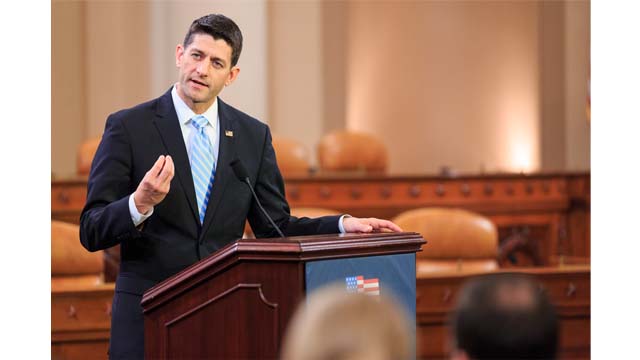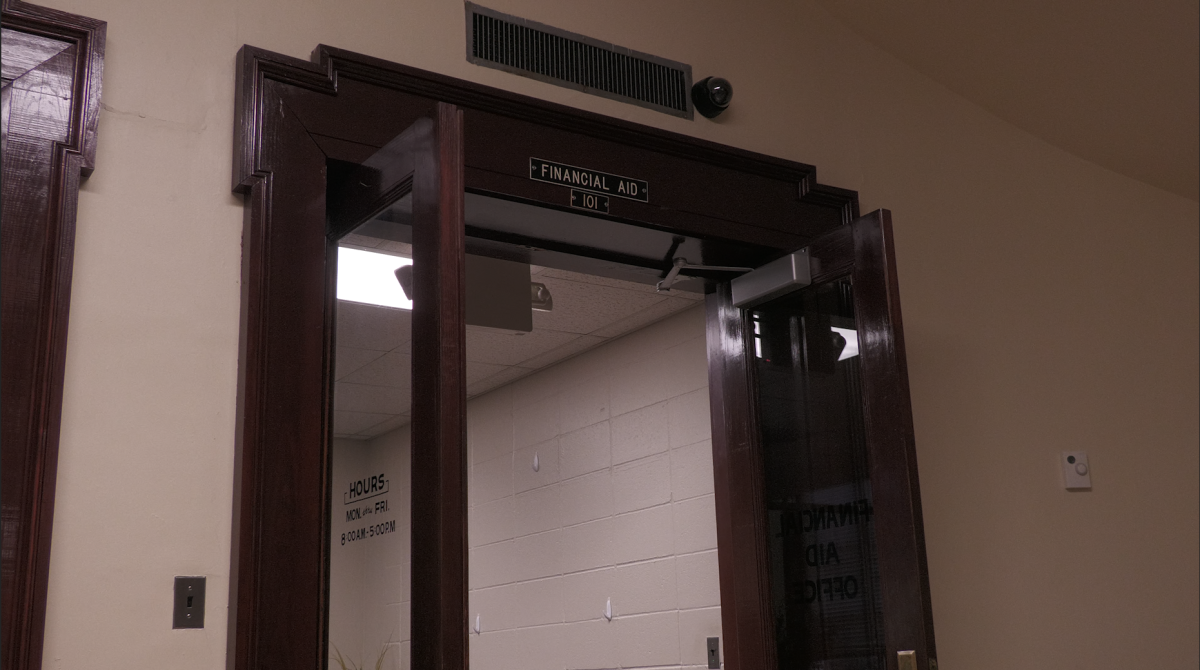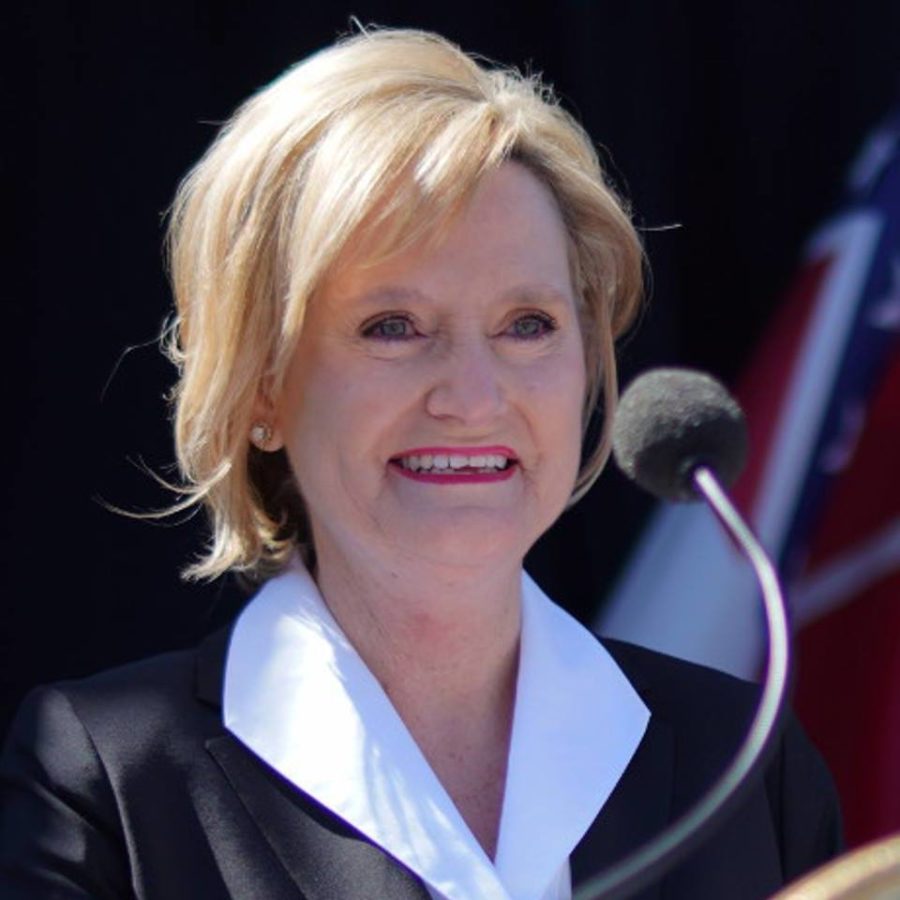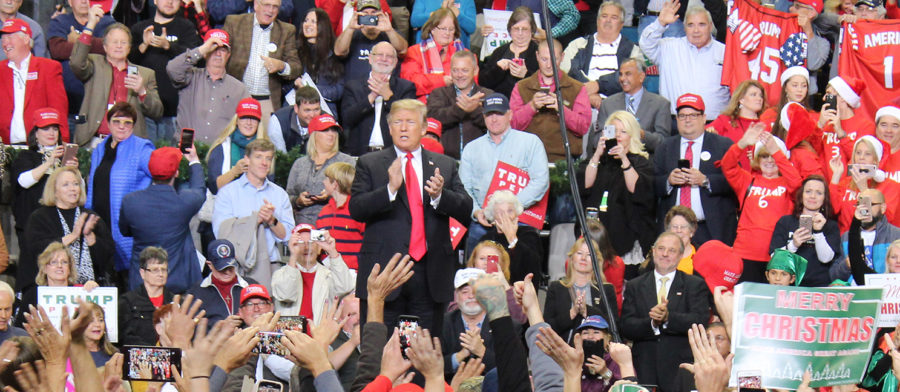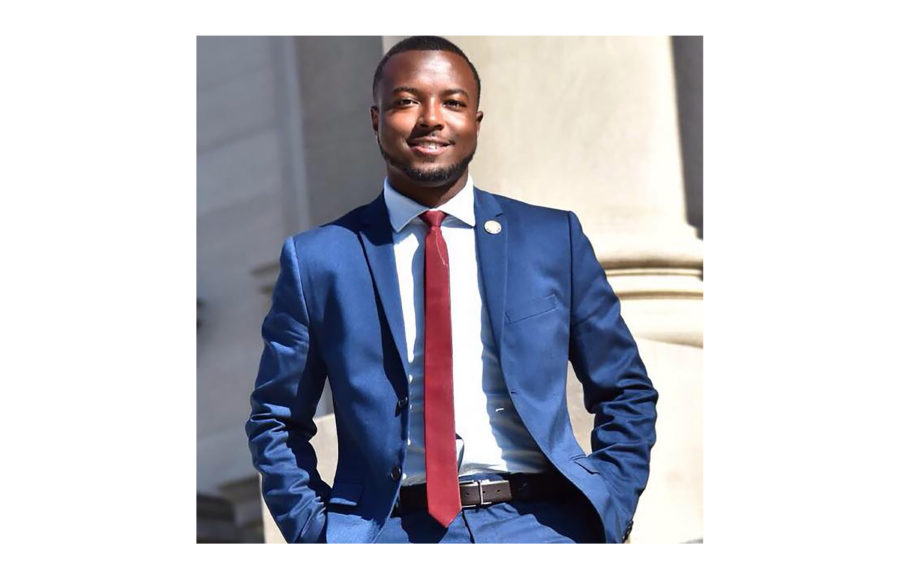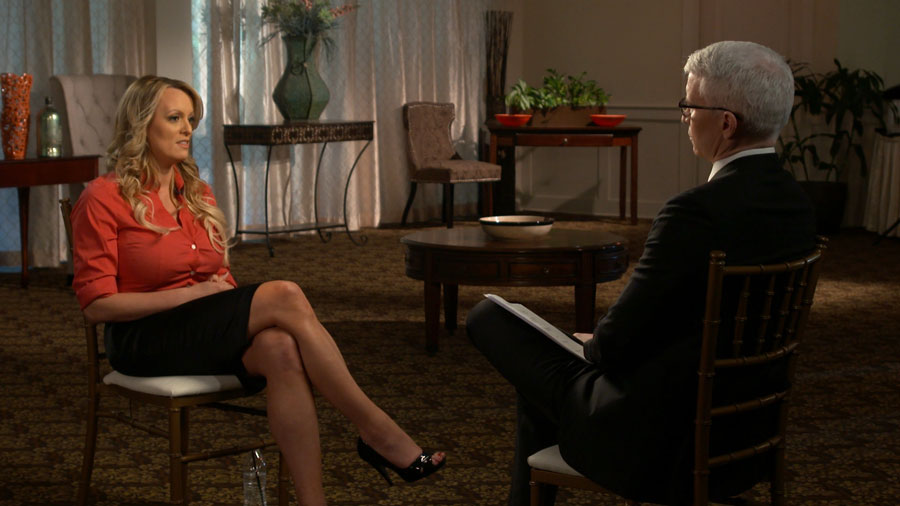Last week, this column examined the office of the Speaker of the House in the U.S. Congress and the latest occupant of that office, Speaker Paul Ryan of Wisconsin. This week, the column will examine Speaker Ryan and his political philosophy more in-depth.
Indeed, Ryan is known for being a little bit more of a political and economic philosopher than most members of Congress. After proceeding along the route of our little two-part series on Ryan, the column will end with a look at the events of this week in the presidential primary campaigns. The Northeast was brutal for Bernie Sanders fans as well as for anyone who does not like Trump, which apparently does not describe people living in New England. The Pilgrims who fled to America to escape authoritarian persecution in England would not be too impressed with their modern-day descendants.
Commentator and professor Jonathan Chait claimed that Ryan is the most important figure in today’s Republican Party because “no other figure within the party combines Ryan’s philosophical radicalism and tactical pragmatism.”
That is to say that Ryan is extremely fiscally conservative but takes more toward the moderate center when it comes to social issues.
In this way he has been able to avoid the more radical charges which have been leveled at other Republican leaders such as Ted Cruz or Marco Rubio. This would potentially allow Ryan to grow the party in ways that the more socially conservative members of the party would be unable to allow.
What are the primary influences that have shaped Ryan’s political philosophy, and what exactly is his philosophy? The second part of that question will be addressed first. Ryan should likely be characterized as a small-government, free- market capitalist when it comes to economic issues and as more of a libertarian individualist when it comes to social issues. Both of these stances can be traced back to political and intellectual influences from earlier on in the Speaker’s career.
Ryan points to the late Jack Kemp — the former NFL quarterback and Republican presidential candidate — as a primary influence on him. Kemp founded the group FreedomWorks and favored things like no-tax, minimal-regulation zones in poverty-stricken areas and large tax cuts to stimulate the economy from the supply-side, both issues championed by Ryan in recent years.
At a 2012 dinner in honor of Kemp, Ryan outlined Kemp’s influence on himself thusly, “Jack just hated the idea that any part of America could be written off. In the 1970s, when people spoke of malaise and scarcity, Jack was talking of an ‘American Renaissance.’ It was not in his nature to accept limits to growth and opportunity for anyone. And nothing could be more foreign to Jack’s way of thinking than to accept poverty as a permanent way of life. When he saw people striving, he was on their side.”
The more controversial influence on the speaker, however, is the philosopher and novelist Ayn Rand. Rand, the author of “Atlas Shrugged” and the founder of Objectivism, a militantly atheist philosophy which glorifies the pursuit of self-interest, was a stout defender of capitalism. Ryan admits to enjoying her work, saying in an interview that he “adored her novels when I was young, and in many ways they gave me an interest in economics.” Many commentators have attempted to seize on this statement and others like it (as well as a commonly passed around Beltway anecdote that for years Ryan required all of his interns to read “Atlas Shrugged”) to portray Ryan as an adherent of Objectivism.
However, several leading Objectivists have disputed this claim, as has Ryan himself. That being said it is no surprise that the Speaker would be drawn to some of Rand’s work, and particular her defense of capitalism as a moral force.
Regardless of your personal feelings on Ryan, it is intriguing to examine the philosophy of one of the major statesmen of the day and view how it has shaped his policy decisions. Now, onto the elections.
Hillary won all but one of the five states available on Tuesday, while Trump won every state.
While both candidates were basking in their success, it was a little more meaningful for Hillary than for Trump.
Nate Silver had Trump at 99 percent of winning all five states, and it is almost universally acknowledged that, barring a massive upset, the Republican campaign will come down to California on the last day of primary voting. If Trump does not win Indiana before then, it may be impossible for him to clinch the nomination without a contested convention.
Hillary, on the other hand, effectively turned the Democratic Convention into a coronation with her wins Tuesday night.
According to the Associated Press, Hillary’s wins put her at 90 percent of the delegates she needs to clinch the Democratic nomination.
Considering that she has won over 60 percent of delegates so far, it would appear that it is all but over for Sanders and his insurgent campaign.































